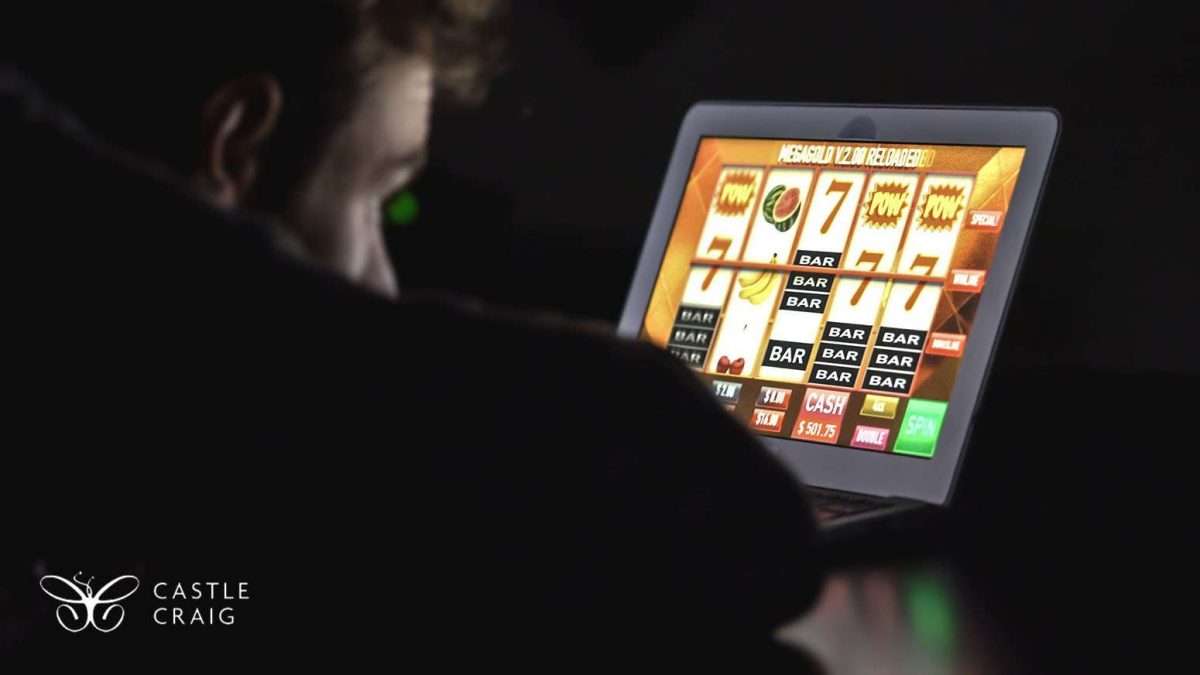Gambling Addiction and Unrealistic Thinking
Ian Fleming, the creator of James Bond, loved gambling and was often to be seen in casinos around the world. Even more so, his first book, Casino Royale (1953) begins like this:
‘The scent and smoke and sweat of a casino are nauseating at three in the morning…’
I remember reading that at the age of 20 and thinking ‘ no way – I love casinos at three in the morning. That’s when the action really begins when the croupiers are a bit tired and the punters are a bit drunk. That’s when you can make money.’ It never got through to me that at three in the morning I was just as tired and probably much drunker, than everyone else. Unrealistic thinking had already taken up its abode in my mind.
One hour at the roulette table and a spot of blackjack were usually all it took for my chips to find their way back to the management. But what an hour that would be; the excitement comes even now with the memory: a malt whisky in one hand, a good cigar in the other, ten pounds on the red and a carefully held air of insouciance – all so very James Bond and so very unlike a night out at the dog track in Wimbledon, the usual (unrealistically perceived) venue for my expected ‘big win’.
Gambling, like all addictions, is a disease of avoidance. It protects us from dealing with reality, from being responsible, and from coping with tensions and anxieties. It is an emotional and spiritual illness and what we are really addicted to is ‘action’ – it gives us a high just as using alcohol or other drugs gives chemically dependent people a high. This high removes us from reality. As compulsive gamblers, we depend on this escape to protect us from life’s real issues, those posed by our families, friends, jobs or finances.
For the gambler, this ‘action’ means relief. As the dice roll or the wheel spins, all pressures and problems disappear. We enter the magical world of Casino Royale, where illusion rules and the real world doesn’t enter. Believe it or not, you can get this kind of illusion even at the dog track in Wimbledon.
James Bond, like his creator, loved gambling too. Despite his ‘lucky number’ name, 007, James did not have a gambling addiction, in fact, he could as we know, cope with life and its problems extremely competently and did not indulge in escapism. What a role model for a budding problem gambler. And how unrealistic.
It is essential that any recovery from problem gambling must address the unrealistic thinking that is such a feature of this particular addiction. How we do this at Castle Craig is by working on a CBT programme with an emphasis on reality and challenging thoughts and expectations. Typically, participants will start by summarising on paper, three reality checks: How much their gambling has cost them in money, in time, and in control (powerlessness). They will then follow a process of challenging unrealistic thoughts (often automatic thoughts e.g. ‘I feel lucky today, therefore, I will gamble’), devising a more realistic attitude and setting SMART (specific, measurable, attainable, realistic and timely) goals.
This CBT programme is run in tandem with a basic addiction recovery programme, usually 12 step, designed to achieve the therapeutic fundamentals of Honesty, Openness and Willingness to change.
Change is not easy and facing reality for a gambler, can be downright agony.
To change successfully, we have to really believe that it, and we, are worth the effort:
‘Change and growth take place when a person has risked himself.’ (Herbert Otto)
Is that ‘risk’ in the gambling sense? No – it is a leap of faith, something very different indeed.


